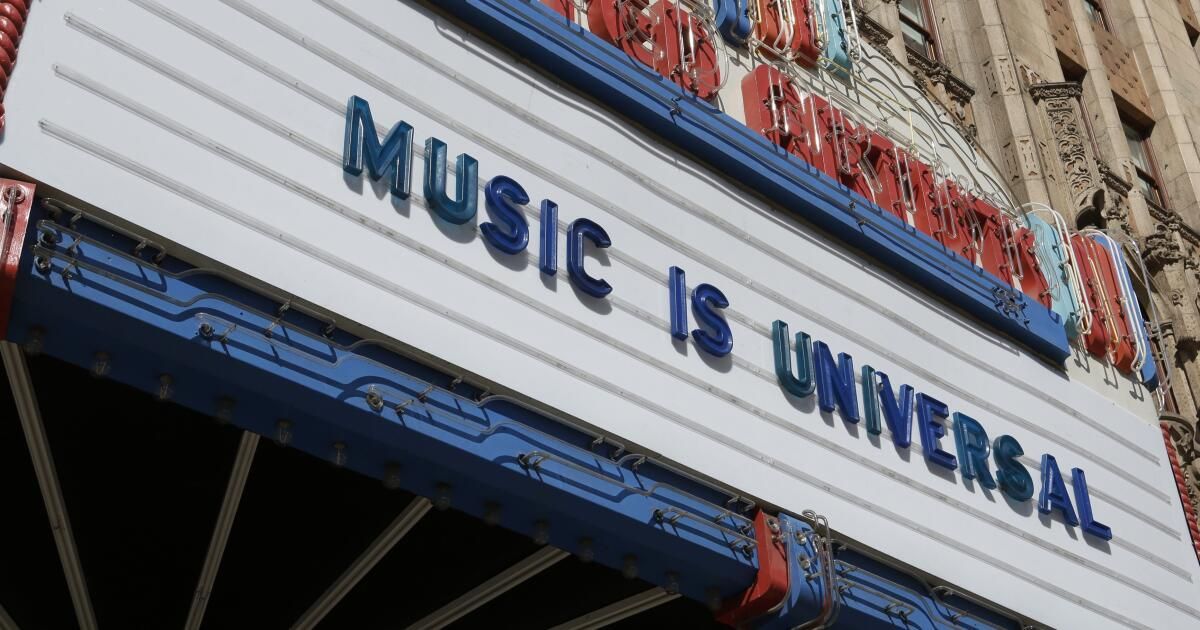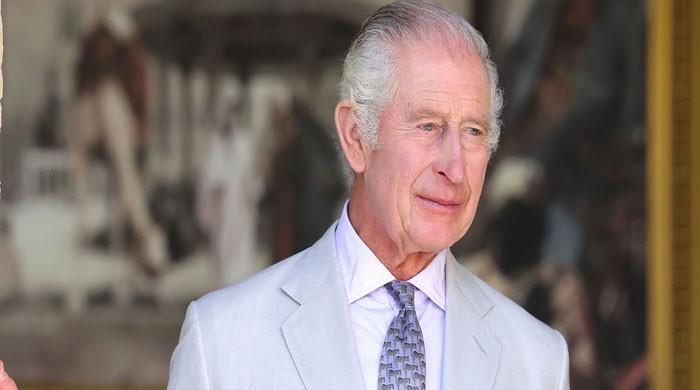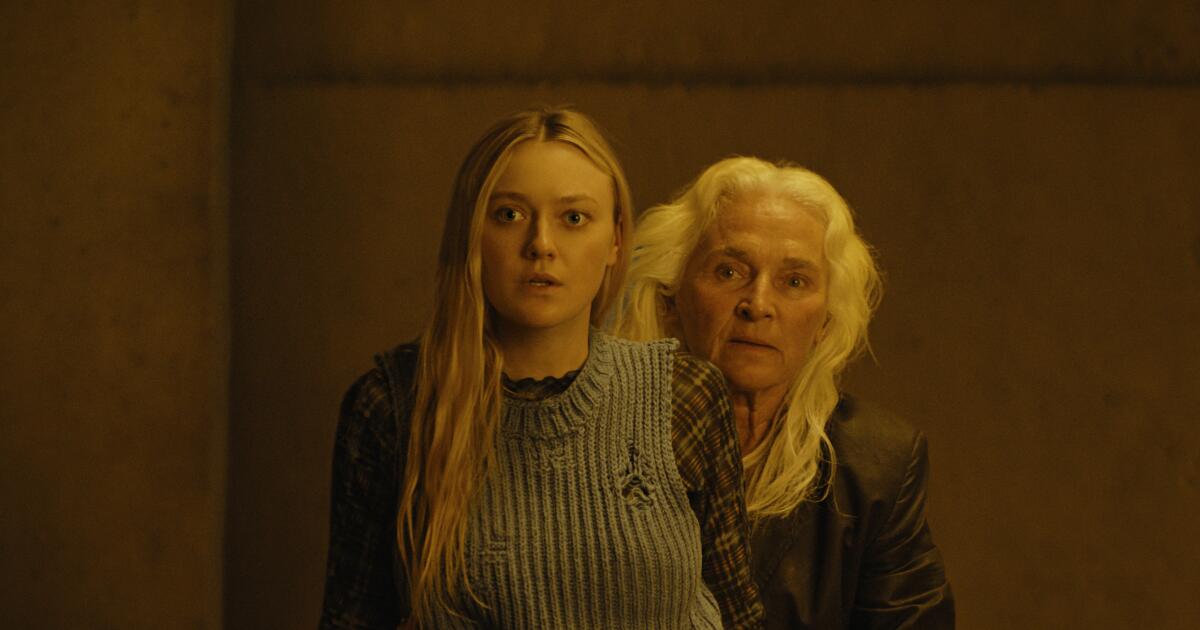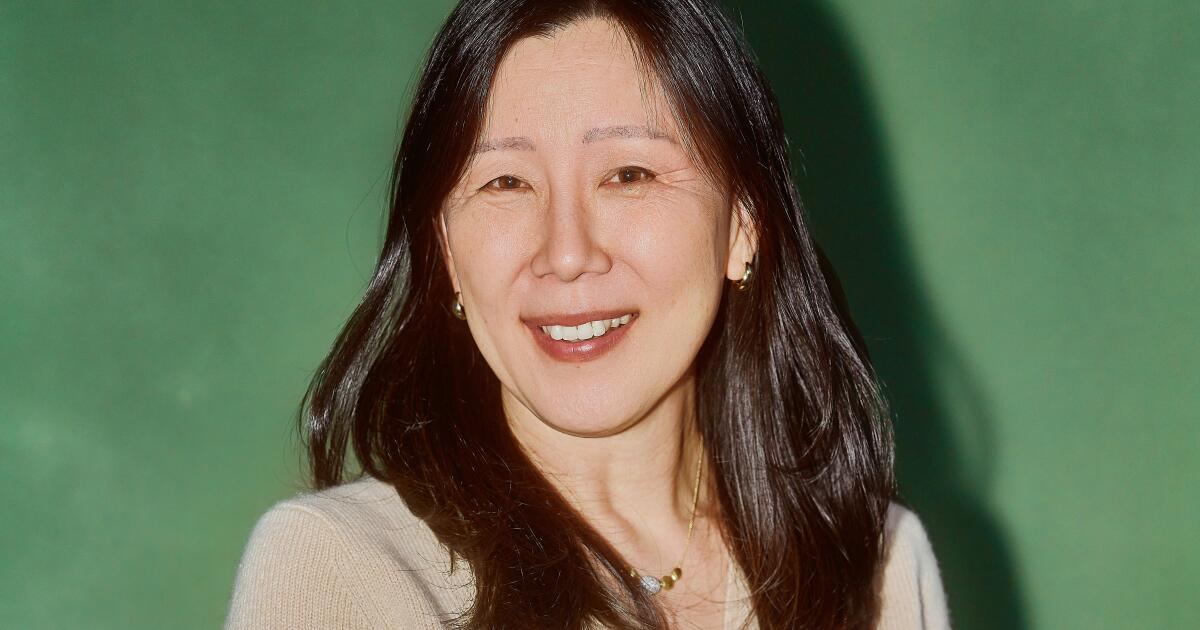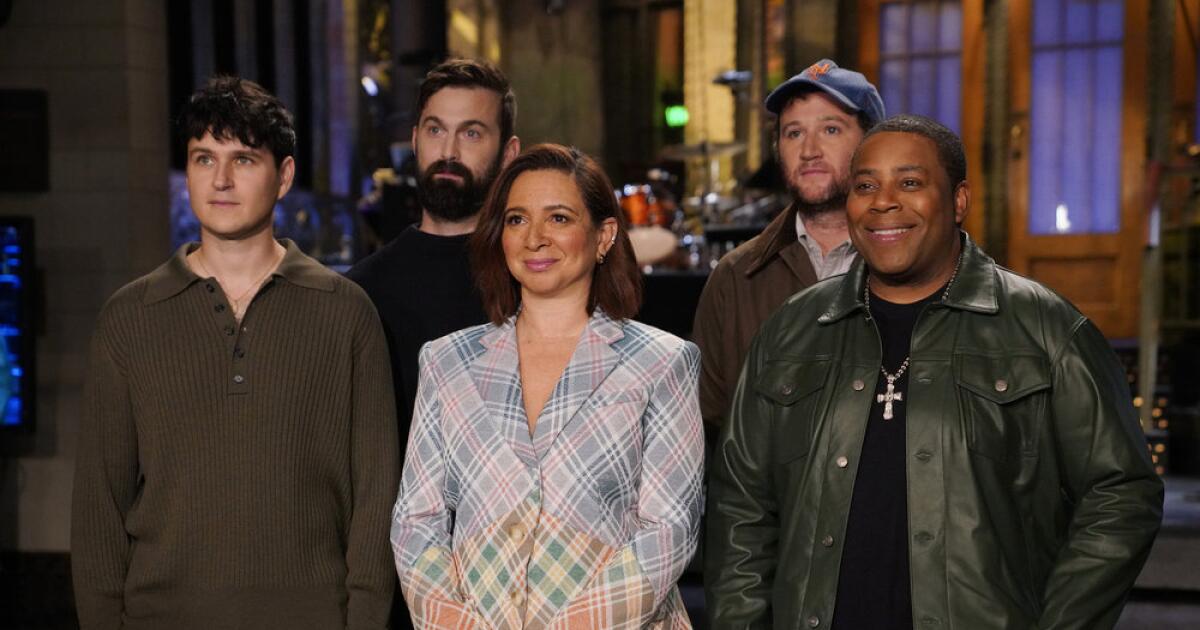Major record labels have sued two artificial intelligence companies for allegedly stealing copyrighted sound recordings to generate music.
Universal Music Group, Sony Music Entertainment, Warner Music Group and other music giants have filed copyright infringement lawsuits against Suno and Udio, the Recording Industry Association. of America announced on Monday.
The complaints against the two technology companies allege that they took material from copyrighted songs spanning various artists, genres and time periods to train their generative AI models.
“The music community has embraced AI and we are already partnering and collaborating with responsible developers to create sustainable AI tools focused on human creativity that put artists and songwriters in charge,” Mitch Glazier, executive director of the RIAA, in a statement.
“But we can only be successful if developers are willing to work with us. “Unlicensed services like Suno and Udio that claim it's 'fair' to copy an artist's life's work and exploit it for their own profit without consent or payment, frustrate the promise of genuinely innovative AI for us all.”
The lawsuit against Suno was filed Monday in Massachusetts, while the complaint against Udio was filed Monday in New York.
Among the copyrighted tracks allegedly ripped by the AI programs were “All I Want for Christmas Is You” by Mariah Carey, “Great Balls of Fire” by Jerry Lee Lewis, “I Get Around” by the Beach Boys, “Dancing Queen” by ABBA and “I Got You (I Feel Good)” by James Brown, “Sway” by Michael Bublé, “American Idiot” by Green Day, “My Girl” by the Temptations and “Billie Jean” by Michael Jackson .
Record labels are demanding that Suno and Udio admit to mining their music libraries without permission and that courts ban AI companies from stealing their copyrighted material in the future. The plaintiffs also seek damages for copyright infringement.
Suno and Udio did not immediately respond Monday to requests for comment.
The lawsuits came about a month after Sony Music delivered letters to 700 AI developers warning them not to use their artists' music to train their models. The New York-based music company said in a statement that it approves of “artists and songwriters taking the lead in adopting new technologies in support of their art,” while promising to protect their work from artificial intelligence thieves.
Some musicians have begun to embrace AI as a tool. In May, indie pop artist Washed Out released an AI-generated music video for his song “The Hardest Part.” The Georgia-based singer-songwriter, whose real name is Ernest Greene, used OpenAI's Sora text-to-video technology to make the video.
Times staff writer Wendy Lee contributed to this report.

